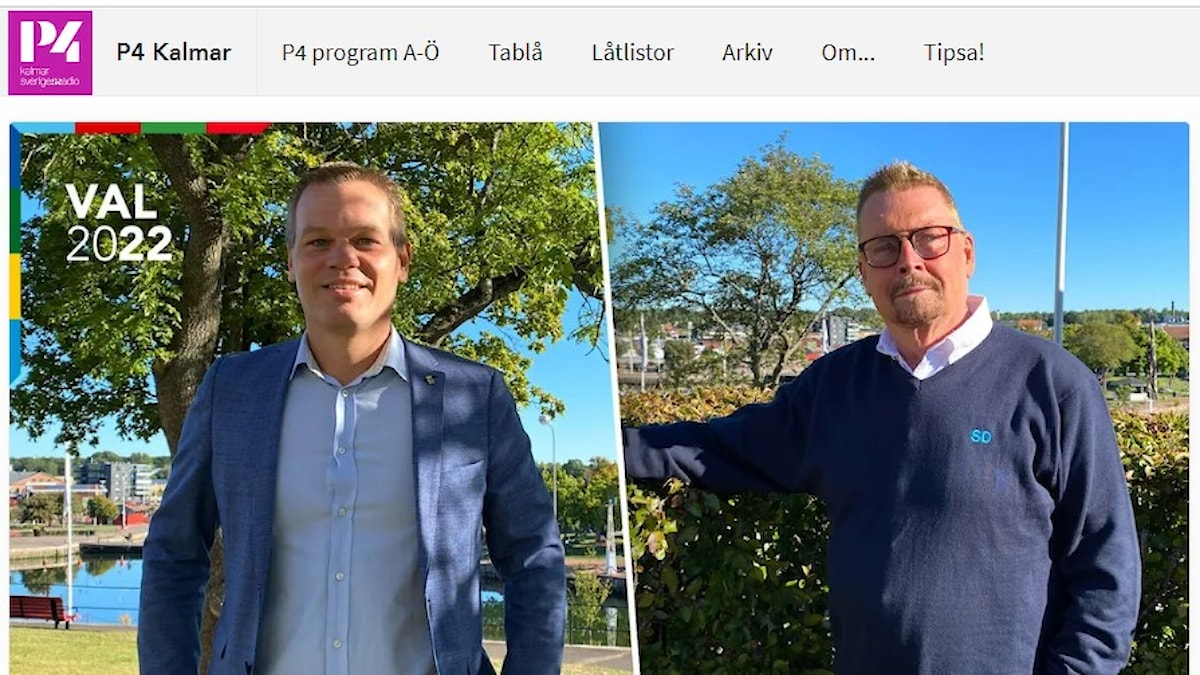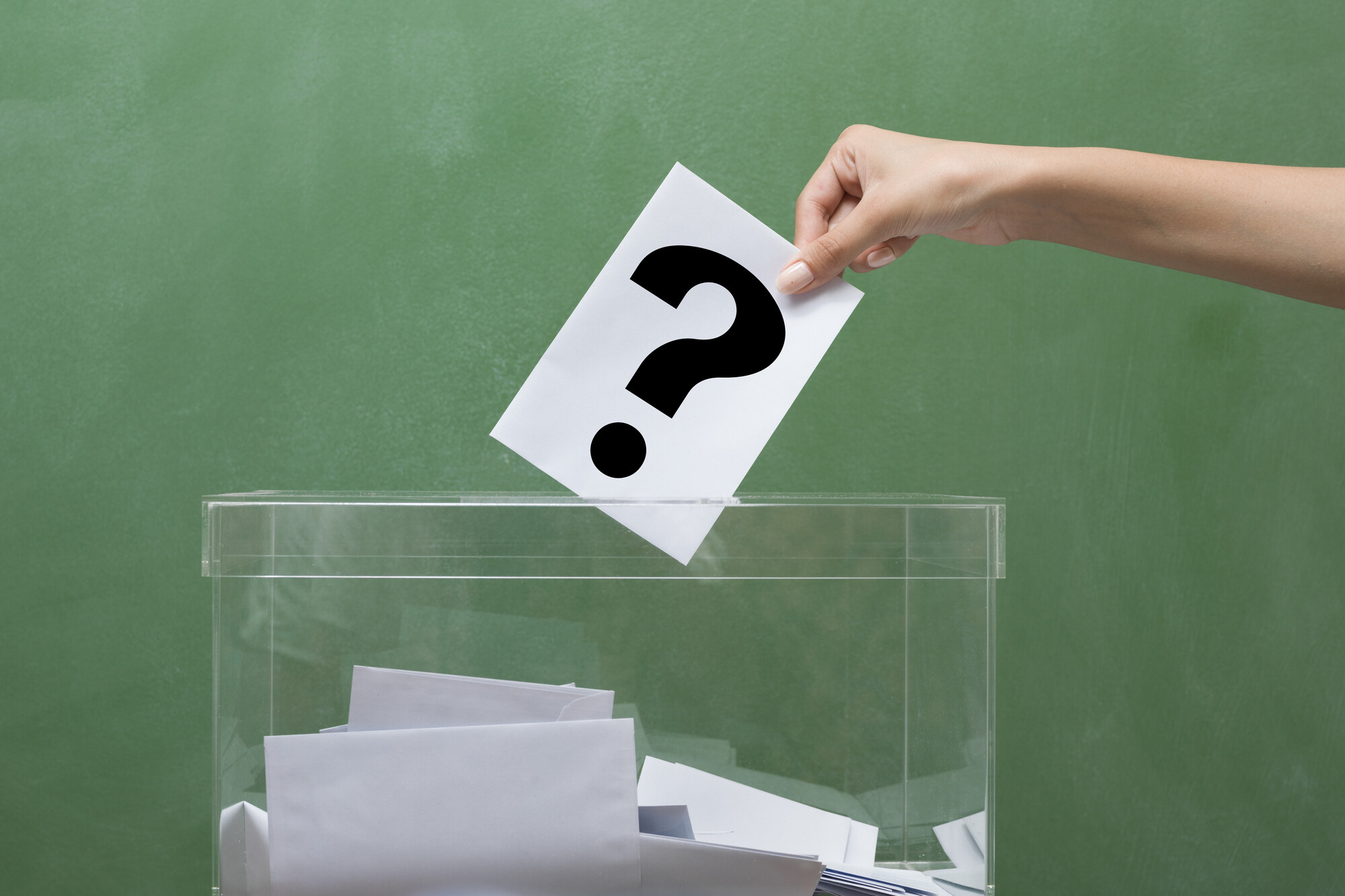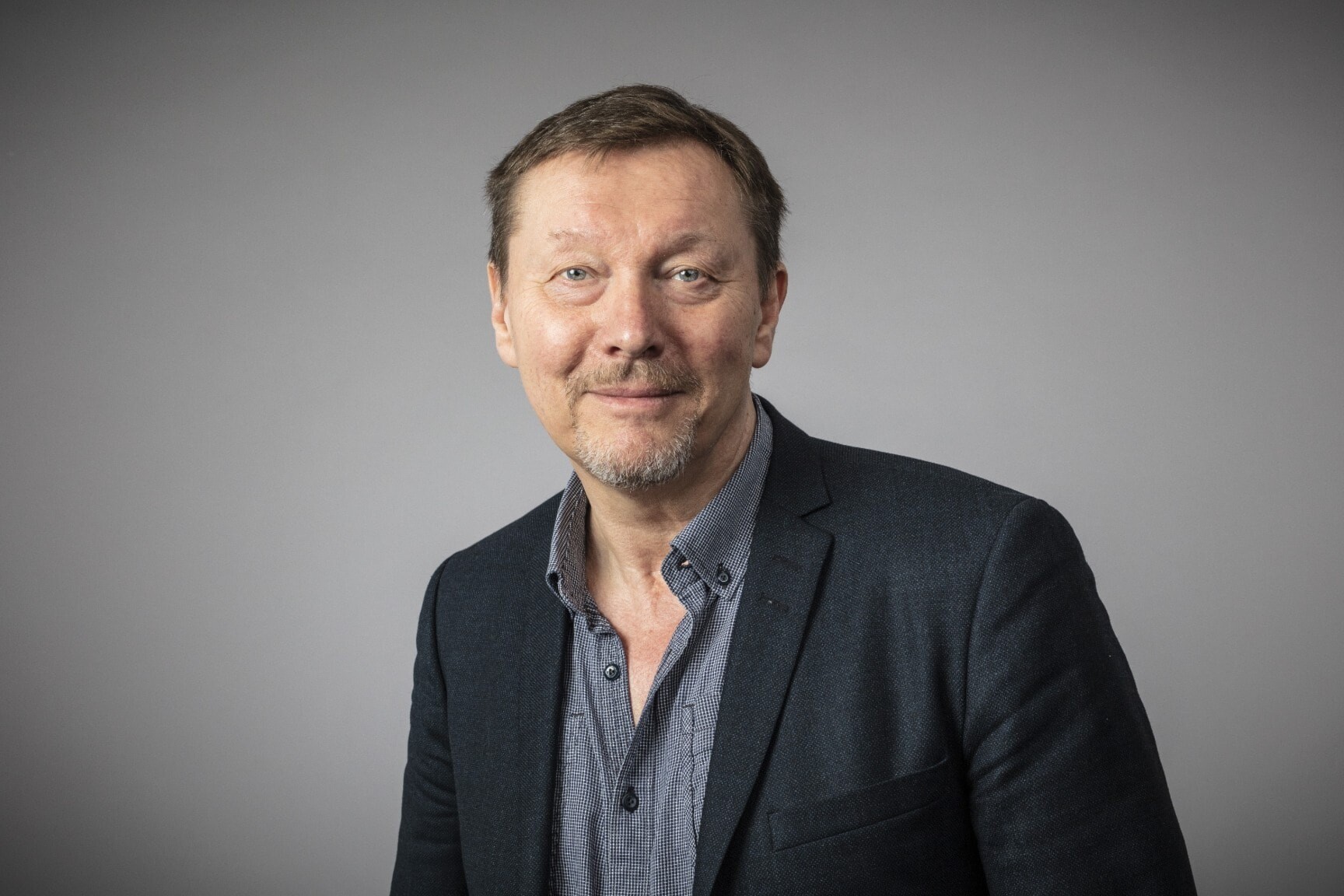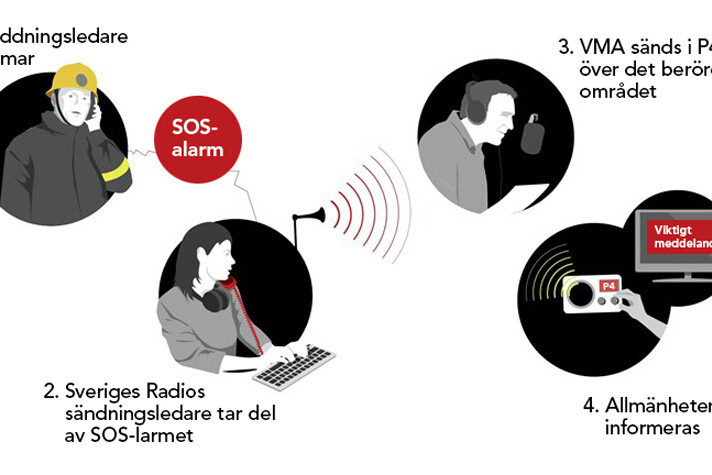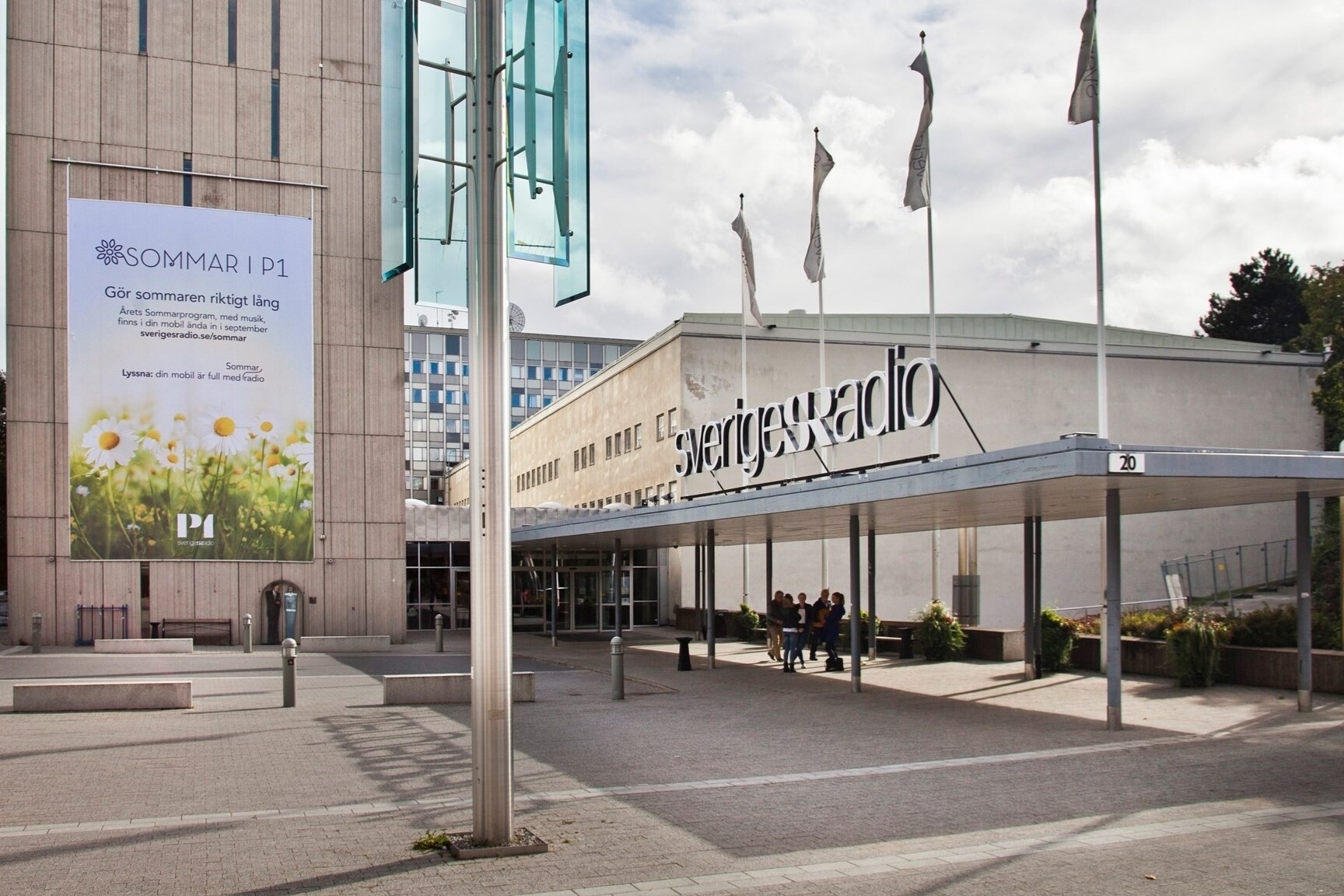SWEDISH ELECTION 2022
Swedish Radio covers 310 local elections across country
09 September 2022
Independent public service media play a critical and trusted role in keeping people informed during times of election at a national, regional and local level. With Swedish elections taking place on 11 September, Swedish Radio’s explains how its P4 channel will live up to this challenge at a local level.
Originally published by Swedish Radio
Much of the media’s coverage during an election campaign is about national politics, developments, possible government formations and party leaders. But for Swedish Radio’s P4 channels, it is the local issues and the “local party leaders” around Sweden’s 310 municipalities and regions that are in focus. On Sunday, it is election day and until the very end, Swedish Radio reports on the issues that concern everyday life, writes election coordinator Tove Svenonius and deputy programme director Olov Carlsson.
It is quite natural that the largest media organisations in the country focus on the major national issues. This is also done by our own national newsrooms, such as Ekot. That is precisely why it is important that Swedish Radio, with editors and employees all over the country, reports on the issues that affect listeners’ everyday lives. Your local school, the local construction project, what child and elderly care that the parties in your municipality want to see or what care should be available in your region after September 11. Scrutinising and reflecting how local politics handles its mission is always one of our most important missions, but perhaps especially important during an election year. Our 25 local P4 channels work in different ways to cover the election from the listeners’ perspective. Some have made use of the temporary editors which we have written about in previous blog posts, some have developed new programme concepts and all have, in different ways, thoroughly analysed which issues are important to their particular listeners.
P4 Jämtland prepared carefully for the election coverage
P4 Jämtland, for example, monitors politics in eight municipalities of the region Jämtland Härjedalen. To ensure that the reporting would be based on the listeners and thus the voters, the editors conducted a survey at the beginning of the year. All municipalities in the county were visited and the voters had to answer the questions that were most important to them. School, healthcare and issues affecting sparsely populated areas – such as road planning and access to public transport – ended up at the top. This laid the foundation for P4 Jämtland’s coverage and led, for example, to a debate about how care for the elderly in Krokom municipality should be improved. Through the oral survey, a demographic analysis (which other P4 channels have also carried out) and a survey of local politics, the channel was well prepared for the start of the local election campaigns at the beginning of the summer. In the mapping of local politics, the editors also investigated and mapped each municipality’s political governance, which politicians sit in regional and municipal councils, how long they have been in office, and what their main election issues are.
Many organise debates and highlight the local election content
Several P4 channels arrange both debates and hearings of various kinds with local politicians. In various programme formats, local party representatives are either questioned or debated so that different listener groups can absorb and be reached by our political coverage. In Skåne, for example, P4 Malmöhus organised a large debate about healthcare in Skåne; in Stockholm, P4 Stockholm focuses on traffic and healthcare in two major debates between the parties’ leading regional politicians. P4 Västmanland has, in addition to larger debates, also arranged individual election duels on current issues around the county with political representatives from municipalities across the region. P4 Kalmar gives local politicians the opportunity to answer the most important questions in a concentrated form, for three minutes, during the vignette “Election Time”, and of course all P4 channels collate their election reporting on their own websites and playlists in the Swedish Radio Play app. P4 Östergötland and P4 West are just two examples.
New approaches and important questions
However, there are also many ongoing projects with new and slightly different approaches to coverage. P4 Värmland took a new approach when they let Karlstad resident Rania, who is 23 years old and is voting for the first time in the autumn elections, interview representatives of all political parties in the Karlstad city council about issues she considers important.
The politicians who were interviewed had to present their politics briefly before Rania took over and led the interview, supported by the editors who worked on the programme. The party representatives themselves were very positive about the format and liked that an “ordinary” person asked questions because they felt they had to flesh out their policies. Prime Minister Magdalena Andersson was also visiting Värmland in August, and Rania had the opportunity to ask her questions as well.
The elections are not just about politics either, but about the election itself. For example, there is a major educational challenge in giving voters information about how an election is conducted, which polling stations are available and what to do if you cannot get to a polling station yourself. As for example when P4 Norrbotten and Sameradion cooperated to inform listeners about how to vote remotely via the post office in sparsely populated areas.
The breadth before, during and after the election
Swedish Radio presents a breadth of reporting that we are proud of and that provides many different perspectives on the voters’ most important issues. Our responsibility as a publishing company is to scrutinise and reflect the ideological base of all parties, their thoughts and plans so that voters can make informed decisions about how to cast their vote. On election Sunday, of course, there will be full coverage with continuous reporting and reports from scores of local poll watchers in each county.
So far, this is something that characterises our channels until the election. But of course, it doesn’t end there. We will follow the election drama and continuously report until the final vote counts in all the country’s municipalities begin to be ready from Wednesday, September 14.
And even the election campaign ends, our work continues to monitor and report on the negotiations that are being carried out to get local governments in all of Sweden’s municipalities and regions. The best way to follow local politics is through Swedish Radio’s local channels.
- Tove Svenonius, election coordinator, Swedish Radio
- Olov Carlsson, deputy program director and head of content production, Swedish Radio
Related Posts
15th March 2022
Swedish Radio announces free-to-use daily news podcast in Russian
Starting this week, Swedish Radio will…
13th September 2021
Swedish Radio’s role during crises and emergencies
Public broadcaster Swedish Radio's…
3rd October 2018
Election coverage in Sweden: Democracy, multimedia and populist rhetoric
Swedish public media tirelessly covered…
